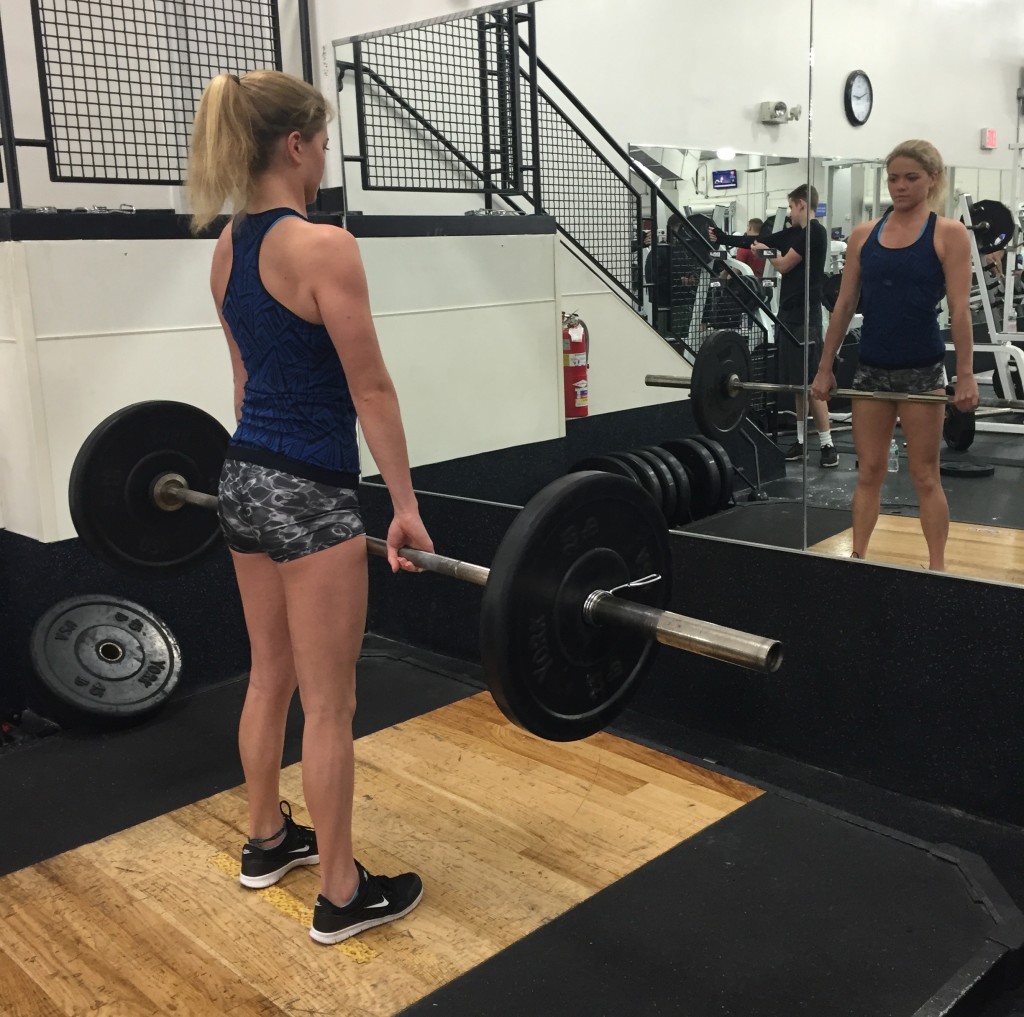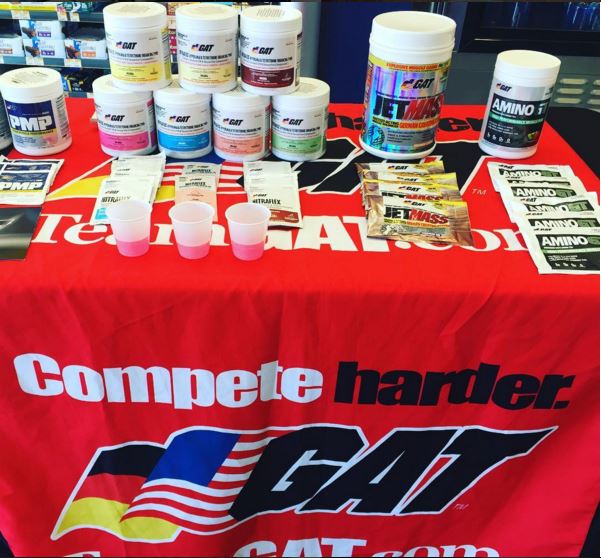Pre-workout supplements are powders that get added to water and are consumed before a workout. They provide extra energy and supposed nutritional benefits. But are these powders actually healthy for you? Some brands claim to give you “immediate energy, focus, and strength,” others “advanced strength” and some even “explosive energy.”
Putting something into your body that claims to be “explosive” certainly doesn’t seem healthy. It turns out that this so-called “health” products might actually be dangerous for you.

Photo by Sam Dilling
In 2014, several pre-workout supplements were found to have DMBA. This is a substance pretty close to another chemical banned by the FDA, DMAA. Both DMBA and these supplements containing it were banned later in 2015 for increasing risk of heart attacks, bleeding of the brain and even death. Even though DMAA was banned awhile ago, here’s a list of supplements still containing the ingredient today in 2016 (Avoid at all costs!).
So, although it may seem like all the bad pre-workouts have been taken care of already, the ones on the market may still pose a risk to your health. Most pre-workout supplements contain chemicals like caffeine, arginine and niacin (B3), as well as others, to boost energy to ensure a successful workout.

Photo by Alyssa DiFrancesco
Caffeine is commonly ingested through things like coffee, soda and even tea, so consuming it in a pre-workout powder shouldn’t seem out of the ordinary. Some even suggest drinking a cup of coffee before your workout. Pre-workout supplements usually have three to four times the amount of caffeine contained in a cup of coffee. The problem is that caffeine naturally raises your heart rate and combined with the stress of cardiovascular activity it can put excess strain on your heart.
One helpful active ingredient is beta creatine, which allows the dilation of blood vessels. This is particularly helpful during workouts for building muscle mass and even improving workout capacity for the eldery. And as of right now, no negative side effects are known.
Arginine is an amino acid found in some pre-workout supplements. It’s popular because of its potential to raise nitric oxide production, which is great for a workout because it’s supposed to increase muscle growth, strength and performance. However, the effect doesn’t really take place because the amino acid can’t be absorbed into the intestines properly, and so it’s not really doing anything for you. At the same time, it’s not actively harmful.

Photo by Jackie Kuczynski
Niacin, also known as B3, is a vitamin. While it’s not necessarily bad for you, it just doesn’t do anything. There’s no evidence that Vitamin B3, or any of the B vitamins, raises energy levels. Like arginine there’s no harm risk from consuming it, but no reason to either.
An ingredient found in some pre-workout supplements, theanine, is also found in tea. Research shows that it has several health benefits, including stress reduction, raised nitric oxide production levels, and improved focus and alertness. It may be helpful before a workout.
A lot of pre-workout supplements, especially the ones with multitudes of flavors, contain artificial sweeteners and dyes. It seems contradictory to put anything artificial in your body before a workout, but sweeteners like sucralose and sugar alcohols have been under review by fitness communities for awhile. In general, artificial sweeteners tend to disrupt the body’s ability to regulate blood sugar, alternating your metabolism and possibly increasing your risk for diabetes.

Photo courtesy of @hannah_gat on Instagram
Pre-workout powders also utilize emulsifiers to help all the ingredients dissolve and mix together smoothly. Unfortunately, these emulsifiers have some pretty nasty side effects, including diarrhea, abdominal pain, nausea and some emulsifiers have been linked to negative effects on fertility and reproduction.
The general side effects of most pre-workout supplements is jittery feelings, excess energy, headaches and nausea. In a review of two different pre-workout powders, even a SpoonPSU member remarked that for “long amounts of cardio, like running more than 4 miles, it does make me nauseous. Nothing to stop my workout, but enough to make me feel uncomfortable.”
Not all pre-workout supplements are bad. Most are. But the truth of the matter is that most supplements are unnecessary in comparison to the effects they can produce. You should try to stick to natural sources of energy before your workout, like bananas or oatmeal, or any of these other options. It might work out better for you leaving the artificial stuff behind, or you may find that these pre-workout supplements are necessary for you. It’s all about listening to your body.


